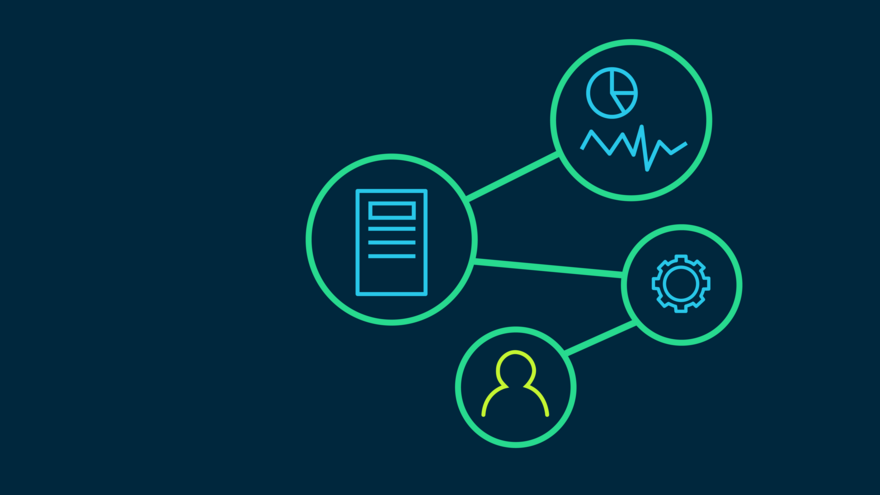Every Mind Matters was launched by Public Health England and the NHS at the start of Mental Health Awareness Week.
The platform includes everything from tips on how to get more physical activity, to mindful breathing exercises and advice on how to reframe unhelpful thoughts.
It has been endorsed by the Royal College of General Practitioners.
Health secretary Matt Hancock said: “Every Mind Matters will benefit us all with an accessible tool to help manage our wellbeing at the click of a button.
“It will offer vital support to those living with a mental health condition and give each of us valuable and personalised tips on how to better cope with life’s daily struggles, while contributing to tackling the stigma that can still surround mental health.”
A PHE survey revealed 83% of people have experienced early signs of poor mental health including feeling anxious, stressed, having low mood or trouble sleeping in the last 12 months.
Over a quarter (27%) of people who experienced signs of poor mental health waited at least six months before taking action to manage their mental health, with three quarters (74%) of those who waited this long wishing they had done so sooner.
Every Mind Matters is evidence-based and shows people how to build simple changes into their daily lives.
Its launch was marked with the release of a special film written by Richard Curtis and narrated by Their Royal Highnesses The Duke and Duchess of Cambridge and The Duke and Duchess of Sussex.
The tool also has the backing of a coalition of mental health charities and champions, including PIF member organisation Mind.
Paul Farmer, chief executive of Mind, said: “We all have mental health just as we all have physical health, and it can vary from good to poor.
“Most people know how important it is to look after their physical health and more and more people are understanding the need to look after their mental health as well, but lots of us don’t know where to start.
“That’s why Mind has been helping develop Every Mind Matters, to empower people with the tools they need to deal with everyday causes of stress, anxiety, low mood and trouble sleeping.
“Taking proactive steps like increasing physical activity and connecting with others can help prevent these issues developing into more serious mental health problems further down the line.”

